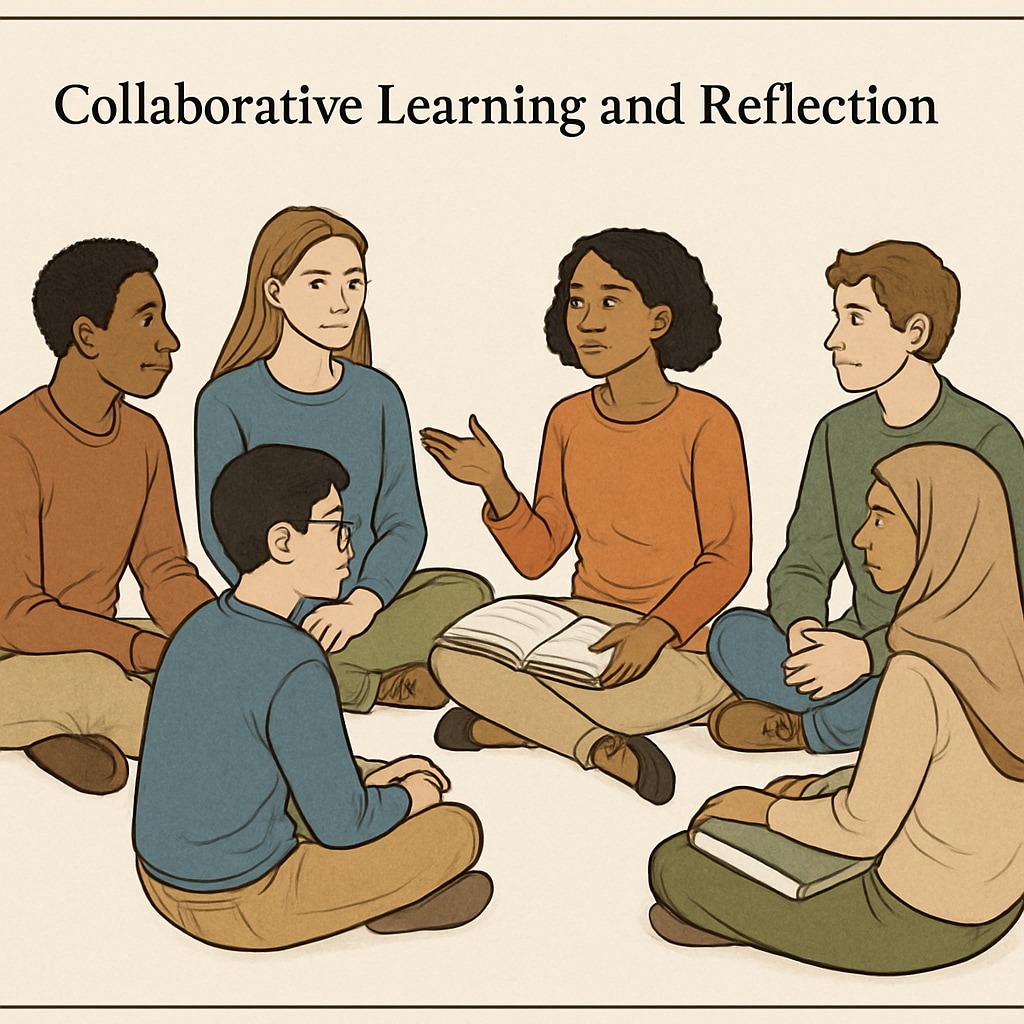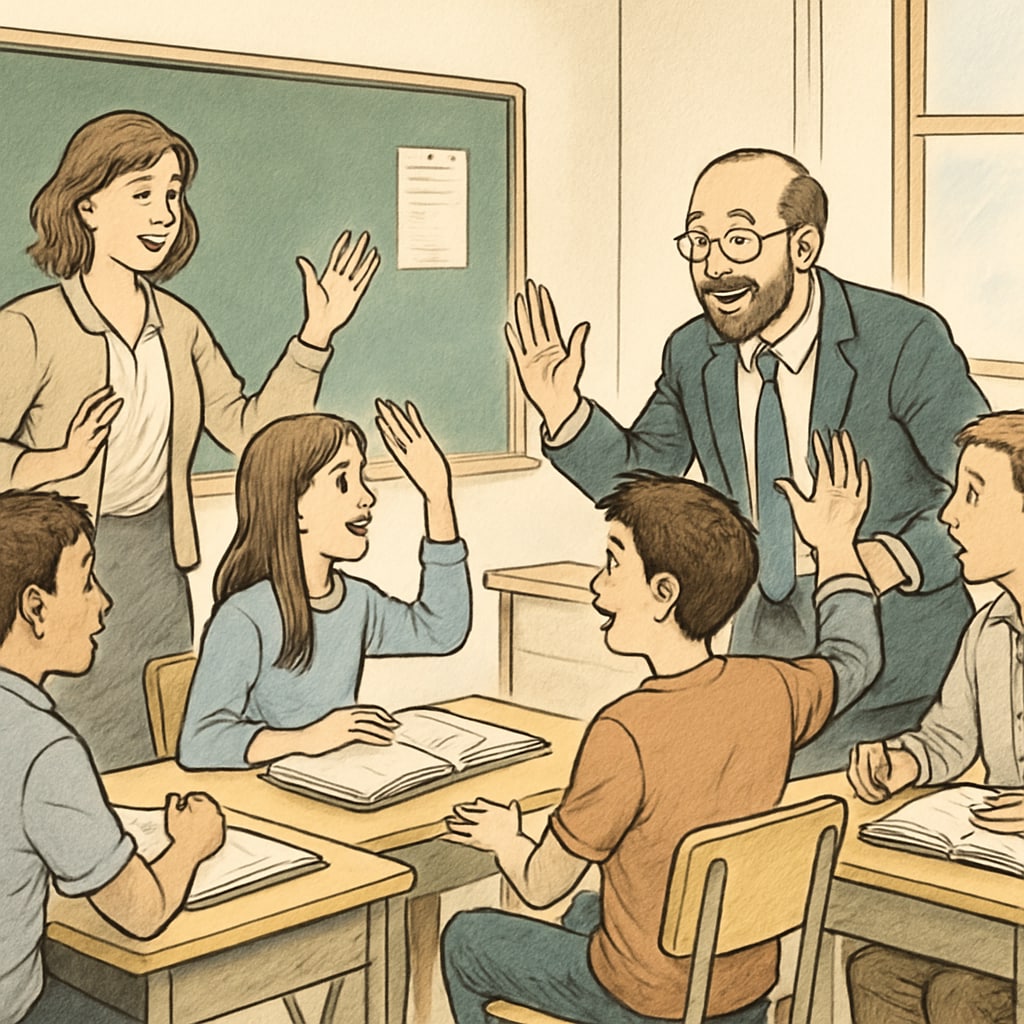In K-12 education, the concepts of motivation theory, post-classroom reflection, and learning communities hold immense potential to transform the learning experience. Often, the most profound moments of understanding occur outside the classroom, during personal reflection. This article delves into the significance of these reflections, illustrating how they can deepen theoretical comprehension and foster a collective thirst for knowledge.

The Role of Reflection in Unlocking Deeper Insights
Reflection after class is more than just reviewing notes or preparing for the next lesson. It is a process of internalizing and connecting ideas. When students take time to reflect, they often uncover gaps in their understanding or see new applications for theoretical concepts. For example, in the context of motivation theory, a student might realize how intrinsic and extrinsic motivators apply to their own academic journey. This recognition not only reinforces their grasp of the theory but also promotes self-awareness.
Moreover, reflection serves as a bridge between theoretical knowledge and real-world application. By identifying where and how a theory fits into their lives, students can better appreciate its relevance. This transformative process encourages them to return to their learning communities with questions, ideas, and a renewed enthusiasm for dialogue.
Learning Communities: The Catalyst for Continuous Growth
While individual reflection is powerful, its true potential is unlocked within a learning community. These communities create an interactive environment where students can share their reflections, challenge ideas, and collaboratively explore theoretical applications. For instance, a discussion about motivation theory might begin with a student sharing a reflective insight, prompting peers to contribute their perspectives. This collective engagement deepens understanding and builds a shared knowledge base.
Learning communities also foster a sense of belonging, which is crucial for sustained motivation. According to a study by Britannica, communities provide the social framework necessary for individuals to thrive. In education, this translates to students feeling supported and valued, which enhances their willingness to participate and engage deeply.

Turning Post-Classroom Reflections into Action
The true value of post-classroom reflection lies in its ability to prompt action. When students identify areas of confusion or curiosity, they are motivated to seek clarification, either through further study or by re-engaging with their teachers and peers. For educators, this is an opportunity to tailor their teaching strategies based on the reflective insights shared by their students.
Here are three actionable steps for leveraging post-classroom reflections within learning communities:
- Create structured reflection prompts: Encourage students to reflect with guided questions, such as “What part of today’s lesson challenged you the most?” or “How can you apply today’s theory in a real-world scenario?”
- Facilitate open discussions: Designate time for students to share their reflections in class or within online forums. This ensures that insights are not lost and can spark collective exploration.
- Integrate reflections into assessments: Use reflective essays or journals as part of the evaluation process to emphasize the importance of this practice.
By embedding these strategies into the learning process, educators can transform reflections into a powerful tool for academic and personal growth.
Conclusion: Building a Culture of Lifelong Learning
Motivation theory, post-classroom reflection, and learning communities are not isolated elements; they are interconnected pillars of a thriving educational ecosystem. When students are encouraged to reflect and share within a supportive community, they develop a deeper appreciation for learning that extends beyond the classroom. This dynamic not only enhances theoretical understanding but also cultivates a lifelong love for education.
Ultimately, the goal is to create an environment where every reflective insight becomes a stepping stone toward greater knowledge. By fostering continuous dialogue and collaboration, we can ensure that education is not just a finite experience but an ongoing journey of discovery.
Readability guidance: This article uses short paragraphs and lists to enhance clarity, while transitions (e.g., “in addition,” “for example,” “as a result”) ensure smooth progression. Passive voice and long sentences are minimized for readability.


